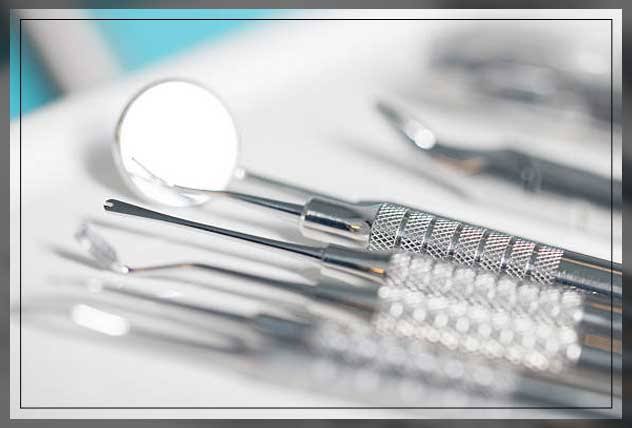Selecting good-quality dental instruments plays a vital role in any dental practice that wishes to deliver quality services. Proper equipment makes the procedures easier, and the resulting positive impacts improve patients’ well-being. Below are guidelines that will assist you in choosing the right high-quality dental instruments available on the market.
1. Understand your needs
Certain factors must be taken into consideration before buying dental instruments to use in the practice. For every procedure, there are relevant types of tools, and therefore, an understanding of the procedures that one does most often will help in determining the right tools.
2. Material and Build Quality
The durability and performance characteristics of dental instruments greatly depend on their material and design. Instruments of higher quality require materials that are not easily corroded or worn out, such as stainless steel. Ensure that steel of good quality is used, and also ensure that the manufacturing process used to make the same is well done.
3. Brand Reputation and Manufacturer
When deciding on dental instruments, it is also relevant to focus on the manufacturer. Well-known companies specializing in selling high-quality and reliable products provide people with instruments of high quality as well. Search for the manufacturers of the instruments and read more about what other dentists are saying about the specific instruments so that you can make an informed decision.
4. Ergonomics and Comfort
Common dental surgeries are delicate and frequently include the use of equipment for long durations. Therefore, ensure that the handles and grips of the instruments are equally balanced and that you can easily hold them. This aspect is particularly useful when deciding on tools that may be applied to sensitive procedures or those that take a longer period.
5. Sterilization and Maintenance
Think about whether the instruments can be easily sterilized and to what extent they will require maintenance. Dental instruments should be of high quality and thus made in such a way that they are responsive to sterilization processes many times. Getting accessories that are easy to clean and maintain will, in the long run, be useful because the practice will be more hygienic and time and energy will have been saved.
6. Precision and Functionality
Dentistry involves very fine procedures, and this means that the success of the dental procedures implemented usually depends on the instruments implemented. For instance, the explorers and probes that are used should be highly sensitive to offer the most accurate measurements possible. Make sure that the instruments you apply are developed for the purposes for which you require them and have the exactness necessary to complete the job.
7. Cost and Value
On the one hand, it is crucial to use quality instruments; on the other hand, it would be irrational to spend lots of money and not receive the necessary benefits. It is often said that cheap is expensive, but there are many instances where, for the same price or even cheaper, you can get equally good quality. Learn if the cost of the instrument needs to be adjusted to meet the needs of quality and durability to determine whether or not the item is worth the price.
Conclusion
The evaluation process of identifying the best high-quality dental instruments should take into consideration factors such as material quality, ergonomics in design, and the accreditation of the manufacturers. When you validate the criteria of the instruments with your personal needs, you will be aware of appropriate choices that will help optimize your dental practice.



